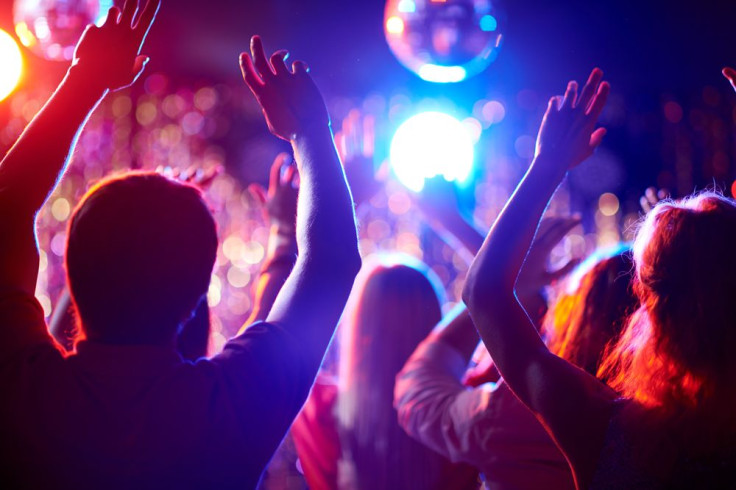Legal Highs Used To Control Drinking? Party Drug 'Chaperon' May Offer Users Way To Get High And Reduce Alcohol Consumption

Drinking alcohol and taking recreational drugs are without a doubt bad for you. Still, there’s a reason countless people continue to use (and abuse) these substances despite the apparent health risks: They make you feel really good. If only there were a pill able to help us drink less while still creating that euphoric feeling so many crave. Well, soon there may be.
If you’ve ever woken up regretting the amount of alcohol you drank the night before, you’re not alone. Many have difficulties controlling their alcohol consumption, and science is rapidly working on medical solutions to some people’s natural inability to “know their limit.” However, one new drug aims to go a step further by not only making people want to drink less alcohol but also giving them a pleasant high comparable to that of the party drug Ecstasy.
The drug is known as "chaperon" and was originally developed as a legal high when the chemists involved on the project noticed that it had the uncanny ability to reduce users’ desire to drink alcohol, New Scientist reported. Last month a patent application was applied for chaperon. While the drug's properties are impressive, the question of its safety has yet to be answered.
Chaperon’s creator, known by the pseudonym Dr. Z, is the brains behind the designer drug mephedrone. Mephedrone, also known by its street names krokodil, m-cat, and miaow miaow, is a powerful stimulant related to amphetamines such as speed and ecstasy, The Huffington Post reported. The drug, now widely banned, has been linked to at least one death and countless other grotesque injuries.
Hopefully, however, chaperon will be different from its much less desirable cousin mephedrone. Rather than marketing chaperon as a legal high, it’s developer has decided to sell its patent to DrugScience, a research group that hopes to find a medical solution to binge drinking.
Chaperon, or MEAI or 5 methoxy-2-aminoindane, shares many chemical similarities the current legal highs MDAI and MMAI, both of which were invented by Dr. David Nichols from Purdue University in Indiana. It seems, though, that Nichols is less optimistic about the pharmaceutical abilities of chaperon.
“There really is no good way to predict biological activity in a completely novel structure,” Nichols told New Scientist.
Dr. Z, however, has a slightly different concern in regard to chaperon, claiming that perhaps the effects are too similar to the love drug ecstasy. “Maybe the drug is too good?” he said.
The drug has yet to undergo clinical trials, but according to the testimony of willing, yet unmonitored, volunteers, its euphoria and alcohol-curbing effects are real. The drug’s future is still unknown, but in the meantime those looking to medically damper their desire to drink alcohol may find help via other drugs such as nalmefene, a Danish drug that helps users drink less but, unfortunately, without any added bonuses.
Published by Medicaldaily.com



























